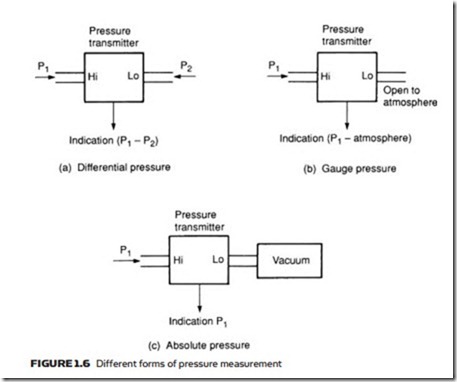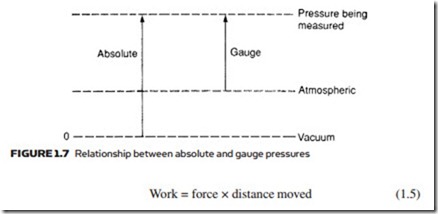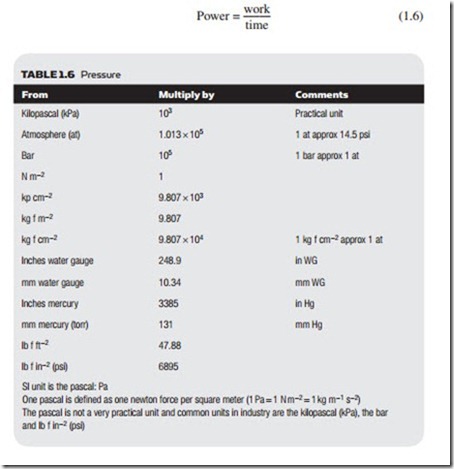Work, energy and power
Work is done (or energy is transferred) when an object is moved against a force, and is defined as:
In the Imperial fps system expression 1.5 gives a unit of ft lb f. For metric systems the unit is cm kg f. The SI unit of work is the joule, where 1 J = 1 N m (= 1 m2 kg s−2). Table 1.8 compares these, and other, units of work.
Power is the rate at which work is performed:
Related posts:
Case studies:Variable speed drive on a circulating pump in a batch process
Financial justification:Capital cost savings
Concepts for estimating pumping energy costs:Systems without static head or closed loop systems
Air flow rate evaluation:The Ideal Gas Law
Air flow rate evaluation:The influence of temperature and Conveyed material influences.
Conveying capability:High pressure conveying – Part I
COMPRESSORS:Axial Compressors
MAINTENANCE OF HYDRAULIC SYSTEMS:MEASURING SUCCESS.
HYDRAULIC PUMPS:HYDRODYNAMIC PUMPS.
Gas laws.
Fundamental Principles:IndustrIal PrIme movers
Air Compressors, Air Treatment and Pressure Regulation:Pressure regulation
INTRODUCTION AND OVERVIE:ENGINEERING SOFTWARE PACKAGES
PROPERTIES OF PURE SUBSTANCES:THE IDEAL-GAS EQUATION OF STATE
ENTROPY:THE INCREASE OF ENTROPY PRINCIPLE


